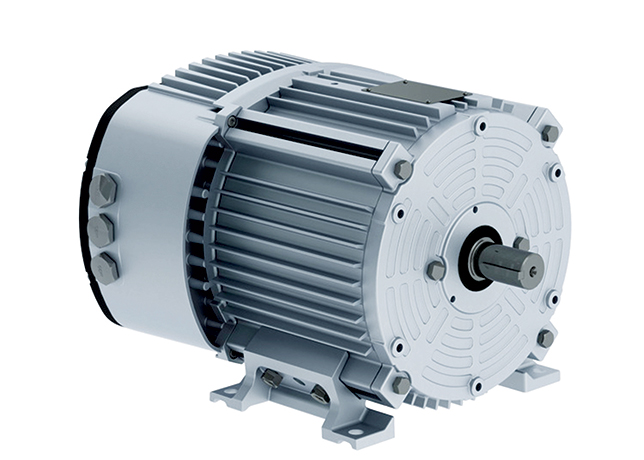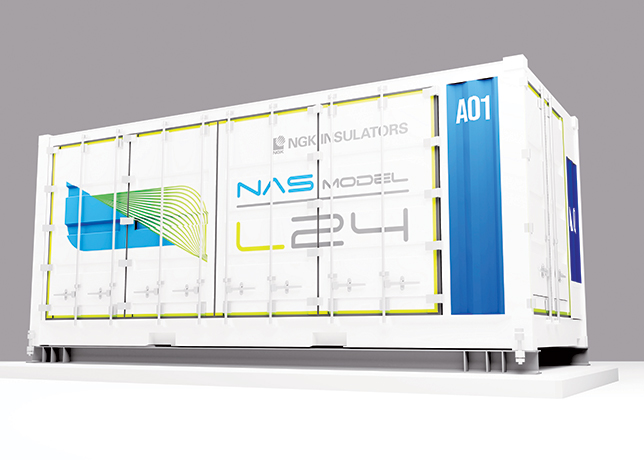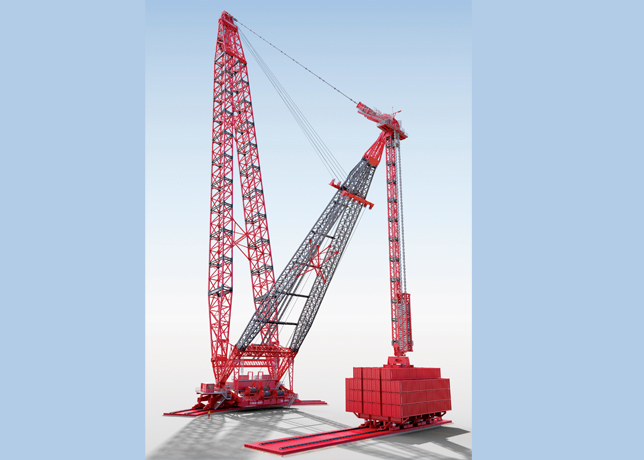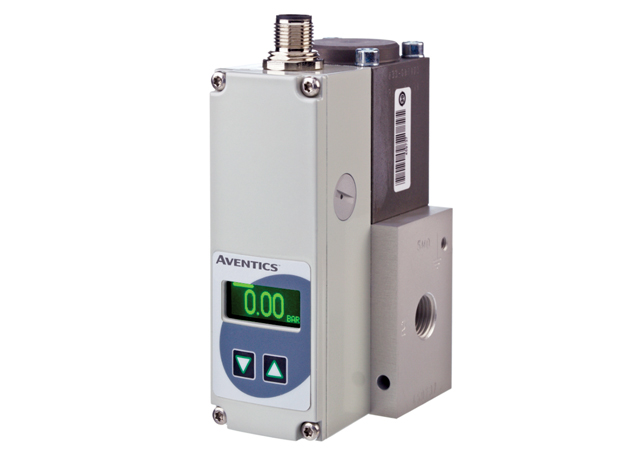
 The NAS L24 has less than 1 per cent lower degradation rate per year
The NAS L24 has less than 1 per cent lower degradation rate per year
BASF Stationary Energy Storage, a wholly owned subsidiary of BASF, and NGK Insulators (NGK), a Japanese ceramics manufacturer, have released an advanced container-type NAS battery (sodium-sulfur battery).
The new product NAS MODEL L24 is characterised by a significantly lower degradation rate of less than 1 per cent per year thanks to a reduced corrosion in battery cells.
Another technical achievement is an improved thermal management system in battery modules, which enables a longer continuous discharge.
The new technology elements have been incorporated into the field-proven battery design.
These improvements allow projects to be implemented using significantly fewer number of NAS battery containers over project running time, and with lower maintenance costs.
'This advanced type of NAS batteries is an outstanding achievement by the joint development team of BASF and NGK, which brought together respective areas of expertise of both companies. With the NAS MODEL L24 our customers will be able to reduce their initial investment in battery storage system as well as save on long-term project costs, approximately 20 per cent over project lifetime. We are proud to have contributed to the advancement of NAS battery technology, which is an essential building block for a successful energy transition,' said Frank Prechtl, Managing Director of BASF Stationary Energy Storage.
Ryugo Takeda, Vice-President and General Manager of Energy Storage Division of NGK, comments: 'The improved performance stems from an intense and effective collaboration between BASF and NGK that started from 2019. The lower degradation rate of less than 1 per cent per year is a remarkable result for the energy storage industry. Through BASF's global sales network, we are excited to provide solutions to more customers using this NAS MODEL L24 and thus to contribute to the promotion of global renewable energy adoption and the reduction of CO2 emissions'.
The new concept complies with the latest safety standards for energy storage installations, such as UL1973 and UL9540A, and underlines the high degree of safety for NAS installations.
NAS batteries are long-duration, high-energy stationary storage batteries. They feature long life and enhanced safety and can provide a stable power supply over six hours or longer.
In more than 20 years they have been deployed at over 250 locations worldwide, with a total output of almost 5 gigawatt-hours.








































































